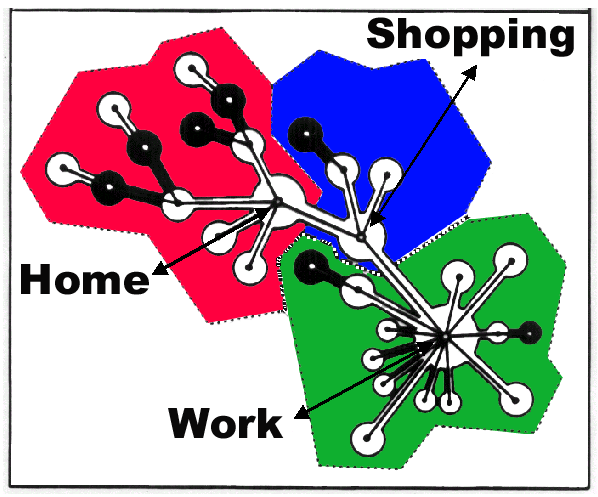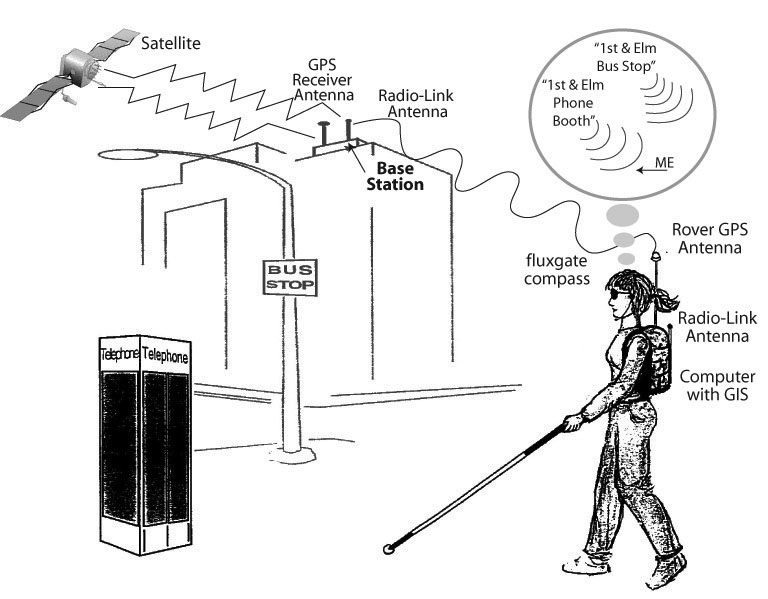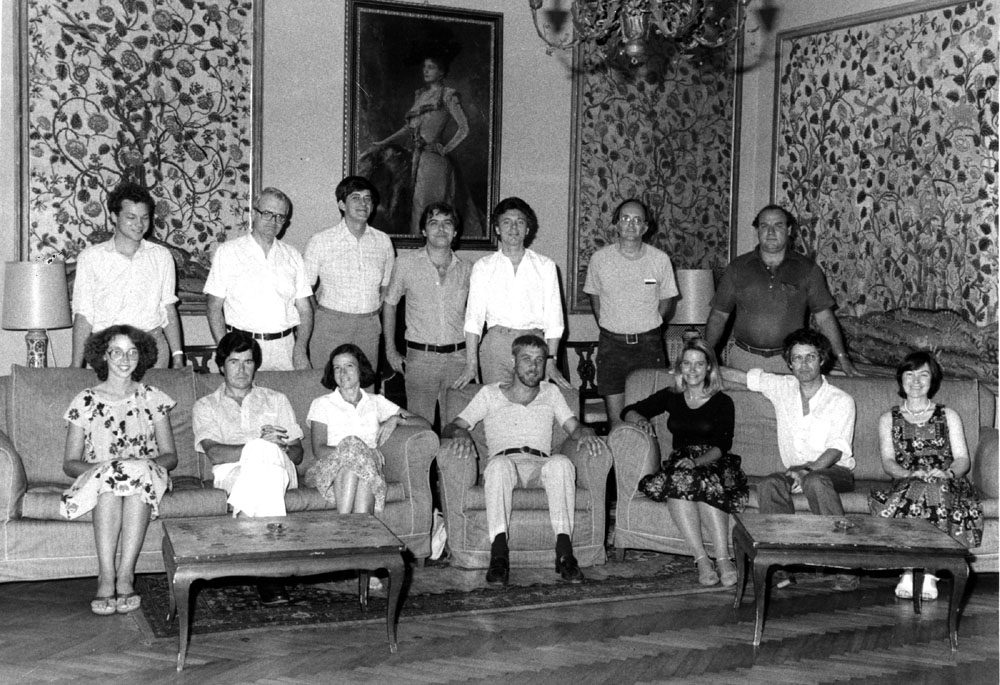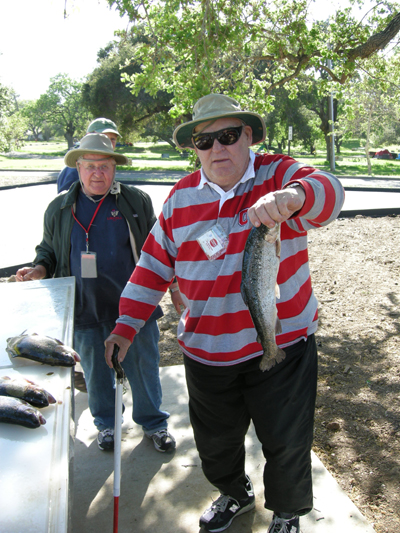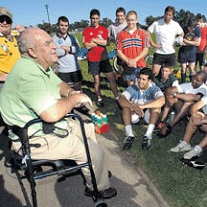Geography Professor Reginald G. Golledge passed away on May 29, aged 71. Reg was a giant in the fields of Human Geography and Disabilities Geography, the second chair of the UCSB Department of Geography, and the recipient of a staggering number of national and international accolades and awards.
Shortly before his death, Professor Golledge was interviewed by a science journalist with Nature magazine. The interview, to be published in the June 11 issue on its Career View page, is a fitting tribute to Reg:
Reginald Golledge, Geographer, University of California, Santa Barbara
1977 – present: Professor, University of California, Santa Barbara
1971 – 1977: Professor, Ohio State University, Columbus, Ohio
Reginald Golledge found his career path in the 1960s when he discovered that a theoretical and quantitative revolution was transforming the previously descriptive field of geography. Golledge, now a geographer at the University of California at Santa Barbara, helped contribute to that revolution with his research on how people acquire spatial knowledge and cognitively develop “mental maps” of their surroundings. Golledge’s research took on greater personal significance in 1984, when he went blind from a degenerative disease of the optic nerve. In March, Golledge was named Faculty Research Lecturer for 2009, the highest honor the University of California at Santa Barbara faculty can award a peer. Golledge tells Nature how his colleagues inspired his ongoing work.
What is your greatest scientific achievement?
I pioneered a behavioral approach to human geography to study how humans find their way in the world. More than anything else, I think I opened the field’s eyes to the fact that the geography you carry in your mind, your mental map and the way you process spatial information, is equally as important as recording the facts of human existence on the surface of the Earth. In addition to an objective reality, there is also subjective reality – which is what is stored in your mind’s mental model of the world.
How did going blind impact your career?
After I lost my sight, I was completely lost. I had no idea how I was going to teach without access to notes, prepared lectures, or overheads. Figuring out how to continue my research was even more difficult. One day, two psychologists – Jack Loomis and Roberta Klatzky, both then at UCSB, asked if they could help. Roberta suggested I find ways to build on my previous mental-map research. They agreed to meet with me weekly and discuss papers. That began 25 years of intense collaboration, which took my research in a new direction towards dissecting spatial cognition. In the process, I became more competent and was able to continue my academic life, while helping other blind people around the world.
What has given you the most career satisfaction?
I’ve been developing a personal guidance system for blind travelers that allows them to be completely independent of guides or guide dogs. Now, companies in many different countries are producing these guidance systems. They are similar to vehicle guidance systems, which use GPS and spatial databases or electronic maps.
Do you have any advice for disabled persons who want to be scientists?
Disabled people can make long-term career plans, but it takes a strong commitment to their work.
What does this faculty award mean to you?
This is the best because it is given from your peers. It is so nice to know that what I’ve been doing has not gone unnoticed.
What is your motto?
You don’t have to have sight to have vision.
Interview by Virginia Gewin, Nature
Excerpts from the UCSB Press Release:
“Professor Golledge was a highly respected and beloved member of our faculty, and our campus community will miss him dearly,” said UCSB Chancellor Henry T. Yang. “His innovative research in behavioral geography and spatial cognition was internationally recognized. Although his eyesight was impaired, Reg was a true visionary who always saw great possibilities and provided the insight and leadership to take advantage of them and help others. We have lost a model teacher and a superb scholar –– a giant in his field –– and our hearts go out to his family, his students, and his colleagues.”
Said Oliver Chadwick, professor and chair of geography: “Professor Golledge was a founding member of our department, a prodigious scholar, a leader in the field of human geography, and an inspiration to his students. His fortitude in the face of physical adversity was legendary, and the academic legacy that he leaves behind has made the department a stronger unit, the university a more prestigious institution, and geography a richer discipline.”
- The UCSB Daily Nexus obituary is at http://www.dailynexus.com/article.php?a=19164.
Article by Bill Norrington

.JPG)
